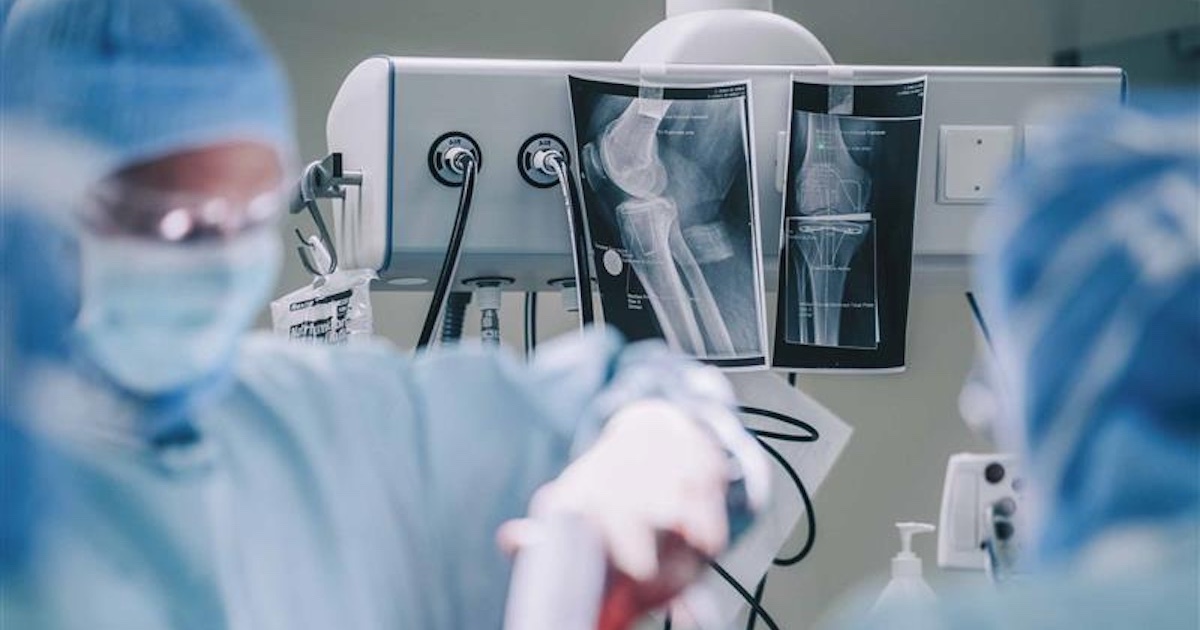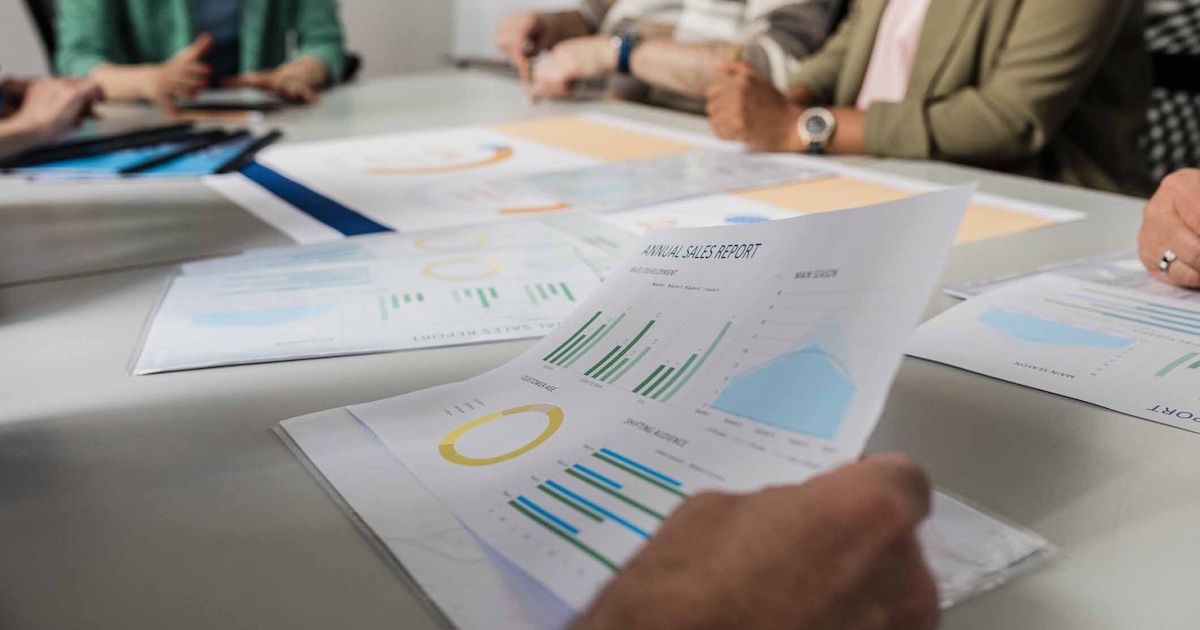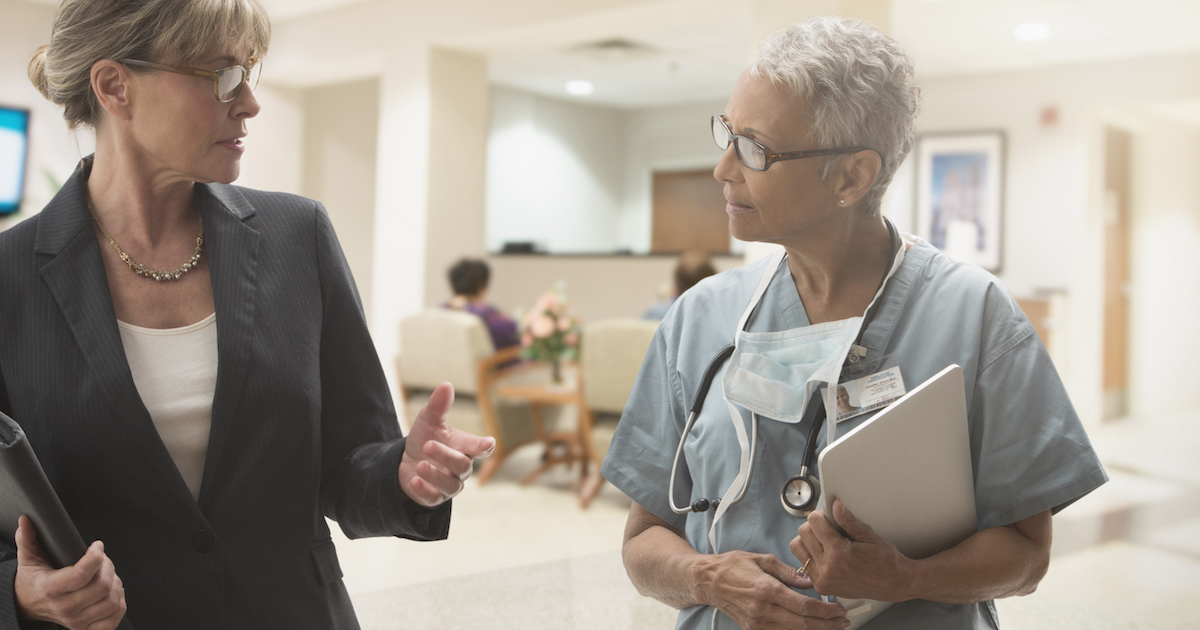The question is how to support and encourage changes in healthcare even as it is being molded by a digital tidal wave. Policy surely can’t keep up, though the federal government and its host of volunteer advisory boards are losing sleep in a valiant effort to do so.
Lawmakers and regulators are struggling, at best. And now there’s the argument over who can manage mHealth best – Congress or the FDA?
Interesting discussions. Interesting battles. All the while, brilliant developers are coming up with the next lifesaving app in the quiet of their garages.
“The world is changing in important ways,” said FDA Commissioner Margaret Hamburg, MD, in a December 11 keynote at the HIMSS Media mHealth Summit near Washington, D.C. “It’s an honor to shape programs,” she said — always with a focus on the promise of better care.
The focus can’t just be on the “latest new, new thing — no matter how jazzy,” she said. “It has to be something new that will make a meaningful difference in peoples’ lives.”
Interesting she chose the word "meaningful" — a word that is almost a household norm for anyone in the entire sphere of using or designing electronic health records. We can’t just make these new modern things, we can’t just adopt them; we have to use them meaningfully, said federal officials at the onset of the meaningful use EHR incentive program.
[See also: mHealth — what's the hold up?]
And so it applies to mHealth. The movement is growing faster than a virus. Projections call for 500 million smartphone users by 2015 with at least one healthcare app on their phone, Hamburg said. Literally billions of people will be using healthcare apps worldwide on smartphones and iPads. “If there is a need,” she said, “there will be an app for it.”
Who can drive this train? No one knows for sure. That’s the big question, really.
It’s not something new for the FDA, said Jeffrey Shuren, MD, director of the Center for Devices and Radiological Health at the FDA. “We’ve been regulating apps for 15 years,” he told attendees of the summit. But, he explained, the FDA’s role is “a very small piece of a tiny sliver.”
“The role of the federal government is to do only enough to make sure companies are representing their products accurately,” said Jacob Reider, MD, Acting National Coordinator of Health Information Technology.
Meanwhile, folks at the FCC are furiously preparing for enough broadband and spectrum to meet the onslaught of apps. “We’re coming to a wireless crunch,” said Matthew Quinn, the FCC’s new director of healthcare initiatives. “It’s going to be an interesting ride ahead.”
“By 2017, mHealth will be part of best practices,” said Julian Goldman. He's qualified to make that prediction as medical director of biomedical engineering for the Partners HealthCare System, a principal anesthesiologist in the Massachusetts General Hospital "Operating Room of the Future" and director of the Program on Medical Device Interoperability at MGH and CIMIT (the Center for Integration of Medicine and Innovative Technology).
“We know this is happening,” Goldman said of his and other stakeholders’ vision for healthcare. “mHealth should become the greater part of the fabric of healthcare in coming years.”
Related articles:
Cycling tour proves mHealth interoperability can happen
Differing perspectives on the global mHealth movement
The tree of mHealth: Visions for future growth


